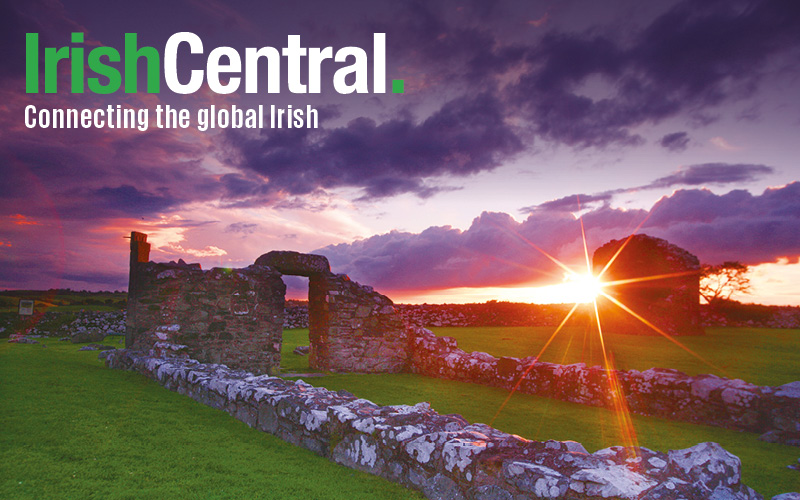It took Ireland many decades to begin talking about the Great Hunger that ravaged the country from 1845 to 1852, killing an estimated one million Irish and forcing another two million to emigrate.
As a place of learning, reflection and commemoration, Strokestown Park and the Irish National Famine Museum in County Roscommon has been at the forefront of the recent moves to publicly acknowledge the Famine. From a tragic history – 1,490 people fled the Strokestown area during the Famine years; the Strokestown landlord Major Denis Mahon was assassinated in November 1847 – has emerged one of the most complete Famine-era archives and a museum unlike any other in Ireland.
The Irish National Famine Museum opened at Strokestown in 1994, and since then it has gone on to spearhead a number of important projects, including research into and memorialization of the 1,490 who departed Roscommon for Grosse Ile in Canada, a Gathering event for descendants of the families who left, and the International Famine Conference, now entering its fourth year.
Its latest initiative is the Irish Famine Summer School, which will hold its inaugural session from June 17 – 21.
Open to scholars, students, and anyone interested in deeper learning about Ireland’s Great Hunger, the school will include lectures, workshops, drama and music relating to the Great Irish Famine, while afternoon excursions will take in many of the historic sites of County Roscommon. Four leading Famine experts will also take part in a History Ireland Hedge School.
The school, a joint initiative between the Irish National Famine Museum at Strokestown Park House, the Centre for the Study of Historic Irish Houses & Estates at Maynooth University, Roscommon County Council and the Strokestown Community Development Association, will conclude with the hosting of the Fourth International Famine Conference. The theme of the 2015 conference is the local and regional impact of the Great Irish Famine.
Caroilin Callery, a director of Strokestown Park, recently spoke to IrishCentral about the exciting plans for the summer school. At the time it had just received approval for course accreditation from Quinnipiac University, home to the Ireland's Great Hunger Museum – the only one of its kind in the US.
Professor Christine Kinealy, Director of the Ireland's Great Hunger Institute at Quinnipiac University will be one of the many great minds lecturing at the summer school, in addition to Dr. Ciaran Reilly of Maynooth University And Professor Marc McGowan of the University of Toronto. Other lecturers will be journeying from as near as Dublin and as far as the Netherlands.
Tuition prices will range from $100 to $190, and accommodation will be available throughout the area, with many local hotels and homes opening their doors for students. All funds go towards the summer school's operational costs and supporting the museum's projects and work with the local community. Callery noted that community involvement with the summer school would be high.
The school will launch officially on June 17 in Strokestown. The following day, a group will embark on a five day walk of the more than 100 miles from Strokestown to Dublin, tracing the footsteps of the Tighes, one of the families who fled during the famine. The walk will end at Spencer Dock in Dublin.
Speaking about the summer school’s range of events and the International Famine Conference, Callery noted the strong contemporary elements in the program. “Strokestown’s archive is recognized internationally as the most important and the most complete examples of famine documentation. There’s no point in having access to that kind of an archive if you're not looking at how you can learn something in relation to Famine today. The focus is both the story of Ireland 170 years ago and the reality of people around the world today.”
For more information, visit the Irish Famine Summer School website.
Correction: An earlier version of this article incorrectly identified Professor Christine Kinealy as Director of the Ireland's Great Hunger Museum at Quinnipiac University. She is Director of the University's Ireland's Great Hunger Institute. Grace Brady is Director of the Museum.




Comments